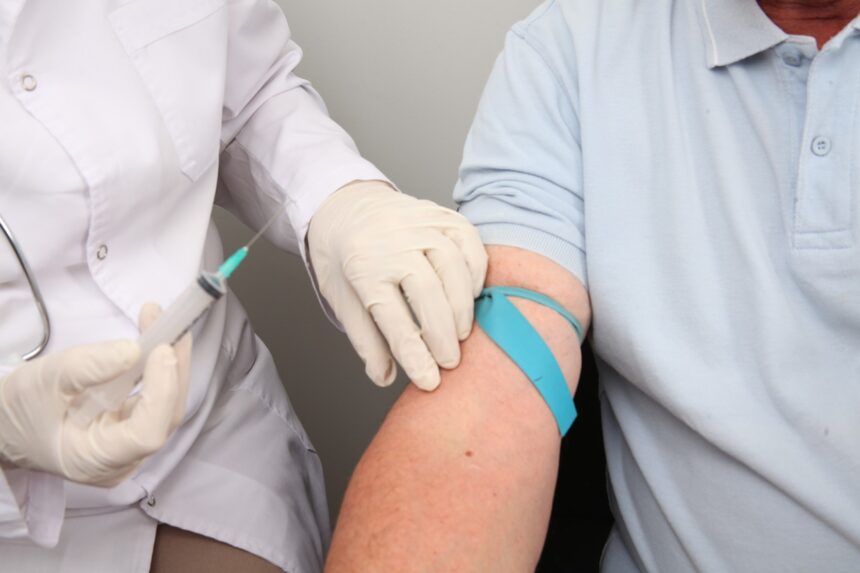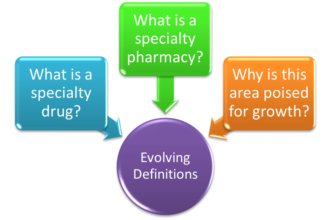Back in the early days, bloodletting was the process of drawing contaminated blood from a patient. Medical professionals administered such process of collecting blood since it was believed that the ailment or infection affecting the patient would be removed along with the body fluid.
Aside from bloodletting, there are numerous ways of withdrawing blood, one of which is by leech therapy. The technique involves medicinal bloodsuckers that are logically placed on particular parts of the body where blood flows. It will take minutes or hours before removing the leeches.
Can you imagine having a simple cold or a migraine and being treated with a leech therapy? Although leeches, nowadays, are still utilized for medical research, luckily we now have modern ways of drawing out blood.
Let’s examine the duties of a Phlebotomist and their contributions in the medical field.
The Role of Phlebotomists and their Relevance
Phlebotomy is plainly defined as extracting blood from a vein. It is normally intended for diagnostic tests. A healthcare professional who draws the blood is aptly called Phlebotomist or Phlebotomy Technician. This noble vocation doesn’t require its practitioner to be certified in some locations, but some places do stipulate a certification.
While it is not a requirement, it is still highly encouraged that you complete a phlebotomy certificate program and properly earn your professional certification.
You can enroll in required classes offered at community colleges, vocational, and technical schools. These institutions provide healthcare courses such as anatomy, physiology, medical terminology, and clinical experience. It will cost you, at least, $550 for a basic class.
Typically, the program can be completed in less than a year. After that, the student undertakes a certification exam. Once eligible to start a job, these professionals can set out to work in hospitals, doctor’s offices, laboratories, manufacturers, and even in the government.
The Importance of Phlebotomist in the Medical Field
Filling the role of skilled blood specialists, phlebotomists are vital in the medical field. Here are a few factors that make these medically trained people valuable:
Safety Monitoring
Phlebotomists conform to precautionary and sterile procedures in dealing with blood and needles, making sure they minimize infections, injuries, and dissemination of blood-borne illnesses. As a routine, they wash their hands frequently; appropriately use clean needles, put on sterile gloves, and pristine laboratory coat.
Before collecting blood, the puncture site is primed with 70% alcohol and then covered with a sterile bandage after the procedure. As blood specialists, they appropriately dispose of needles and other medical supplies. In addition, during a medical crisis, these professionals are equipped to give out first aid.
Patient Relation
There are countless people who dread undergoing the process of having their blood taken. A number of patients are either scared of the sight of blood, anxious about the process, or terrified of needles. The phlebotomist’s role, then, is more than just finding the vein and drawing blood. They are entrusted in assuring the patient gets through the process in a calm and painless manner.
Their role requires them to be friendly, polite, and sympathetic to encourage uneasy patients to relax. More than that, they should have competent communication skills to be able to explain technical procedures in a simple and layman order.
Blood Extraction
Prior to extracting blood, phlebotomists follow a certain standard operating procedure such as properly identifying a patient by full name, date of birth, and cross-checking work order details with information in the hospital bracelet.
Since blood is drawn by puncturing a vein, these specialists have a thorough knowledge of the circulatory system. On one hand, there are those who proceed with advanced training to allow them to draw blood from arteries and insert intravenous lines. More than the actual extraction, these practitioners ascertain that the blood samples reach the laboratory and be consistent with the doctor’s orders.
Records Retention
Aside from fulfilling the role of blood specialists, phlebotomists maintain patient and laboratory records updated. They are tasked with labeling specimens with information such as patient’s full name, birthdate, identification number, and other details like time and date of collection.
In doing this task, they are also expected to encode blood samples details and tests in the digital data entry system.
Supplies Management
Finally, it is the duty of these practitioners to retain supplies and equipment they use in good condition. Besides that, they must likewise monitor and organize stock supplies for quick access.
In a hospital setting, it is a phlebotomist’s responsibility to prepare and continually stock blood trays in case a doctor urgently prescribes blood tests for emergency situations.









